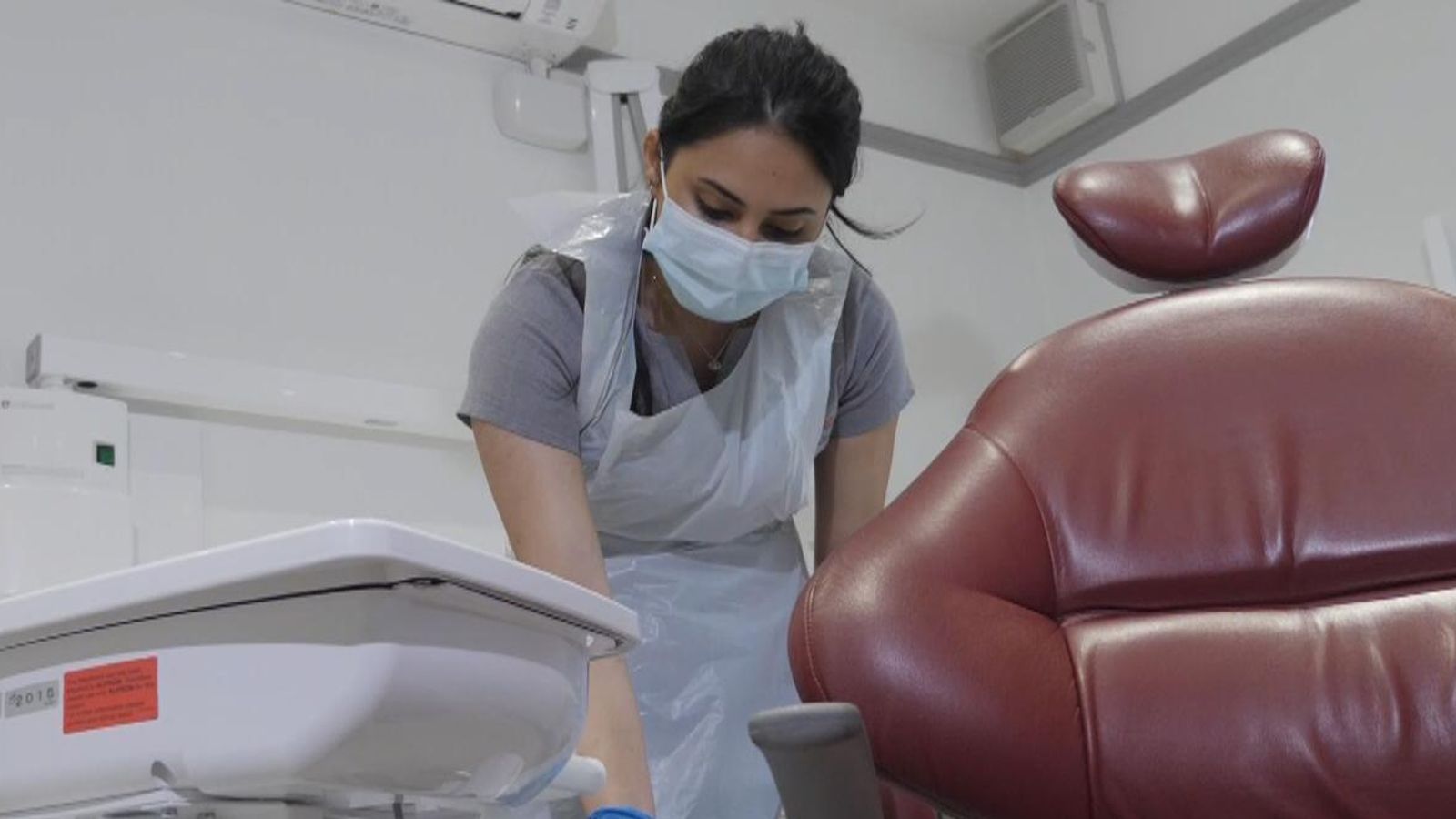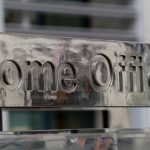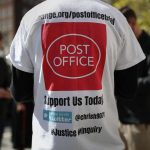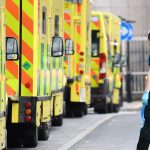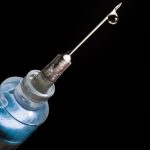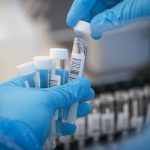From today, NHS dental practices will be obliged to meet 85% of their pre-COVID activity levels or face financial penalties.
But according to the British Dental Association (BDA) nearly two-thirds of practices currently estimate they are incapable of achieving these levels.
The Department of Health says NHS England is working closely with the profession on the recovery of dental services to allow more patients to be seen.
As part of that process, they have set dental surgeries a target based on what can safely be achieved using data on dental activity achieved to date.
The BDA says that NHS dentists have been working to targets since this time last year, and claim it’s had a devastating impact on morale and financial sustainability in the service.
In a survey commissioned by the association, over 40% of NHS dentists indicate they are now likely to change career or seek early retirement in the year given the current pressures.
Over half state they are likely to reduce their NHS commitment, and 1 in 10 estimate their practices will close in the next 12 months.
COVID-19: England reports 162,572 new cases and 154 further coronavirus-related deaths, daily figures show
COVID news latest: PCR test slots run out for today; as France reports over 200,000 COVID cases for fourth day running
COVID: Any further restrictions ‘must be last resort’, Sajid Javid says
Shawn Charlwood, chair of the British Dental Association’s General Dental Practice Committee, said: “The country faces a tidal wave of infection. Dentists are understandably nervous about easing restrictions, and patients are already cancelling in droves.
“This policy might suit the Treasury, but will put patients, staff, and the very sustainability of NHS dentistry at risk.”
The BDA says that while several pandemic restrictions in dental settings were eased last month, nearly a third of dentists still have no intention of relaxing COVID-19 precautions, with half saying the arrival of the Omicron variant has had a high impact on their willingness to change tack.
Prior to the easing of restrictions dentists had to maintain gaps of up to an hour between most treatments, to reduce the risk of viral transmission, an approach which radically reduces patient numbers. Staffing difficulties caused by COVID infections also have a considerable knock-on effect.
Not good news for parents like Jamie Kemp, a father of two from Exeter. Like thousands of others, he’s been struggling to get dental care for his family.
“I have two sons and one will be seven soon and he’s only seen the dentist twice in his life,” Mr Kemp told Sky News.
“Literally a week before every appointment we would get a letter saying, ‘oh we’re ever so sorry, we would need to cancel’ and nine times out of 10, it was due to staff shortages.
“It’s the time when children are losing their baby teeth and getting their big teeth and a lot can go wrong,” warned Mr Kemp. “It’s vital they are seen.”
A Department of Health and Social Care spokesperson said: “We have taken unprecedented action to support NHS dentists throughout the pandemic by providing full income protection for practices unable to deliver their usual level of activity.
“The targets set are based on what can safely be achieved, as well as data on dental activity achieved to date.
“An exceptions process will continue to provide a safety net for practices who are unable to deliver at the threshold for income protection, due to extenuating circumstances.”
But with infection rates rising, the dentists say these targets are the wrong choice at the wrong time, and that ultimately it will be the patients who suffer.
